Wikipedia Academy: Keynotes von Sarah Stierch und Benjamin Mako Hill
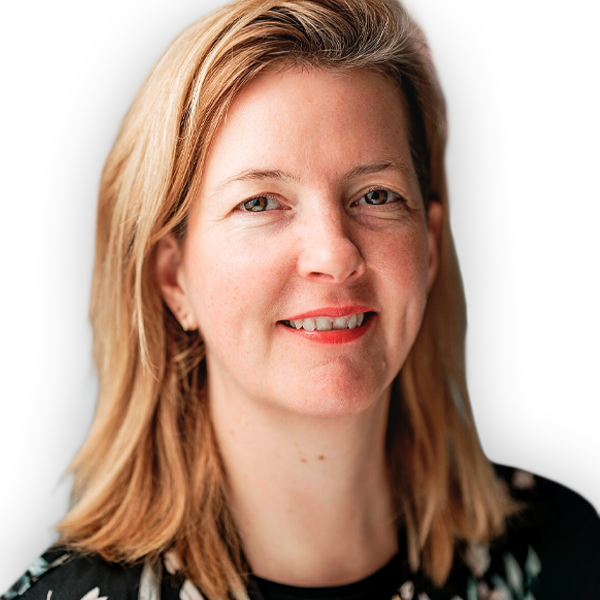
Nicole Ebber
25. Juni 2012
As Wikipedians have collaborated over the last decade to build the most comprehensive reference work in history, they have created, and documented, a new class of cooperative work. The academic world — inspired by Wikipedia’s success and its novel form — have responded with thousands of academic papers about Wikipedia and its processes.
But as many people who have tried to create their own wikis can attest to, Wikipedia’s enormous success at mobilizing volunteers and building works of high quality has been difficult to replicate. Even the Wikimedia Foundation and Wikipedia’s founders have struggled to replicate Wikipedia’s success in their other projects.
Through the knowledge and intuitions of Wikipedians, and through the work of the academics studying Wikipedia, we know an enormous amount about *how* Wikipedia works. However, the fact that even our own community has systematically failed to replicate our greatest success points to the fact that we still know very little about *why* Wikipedia works. The situation is similar in regards to free software and other peer production communities. And although each failure can teach us something, we have not given these failures the same attention we’ve saved for the successes.
In this talk, I will refer to research on free software and free culture communities and suggest that the ideal of peer production is only rarely realized. I will show how free software, and free culture, only very rarely looks like its poster children: the Linux kernels and the Wikipedias. I will present some of my research comparing failed free culture projects to successes to both suggest a methodology, and a potential set of answers, in order to answering the question: Why did peer production projects like Wikipedia work?
I will suggest, and try to show, that by learning from our failures, instead of ignoring or sweeping them under the rug, we can make both free culture advocacy and free culture practice more effective.
Den Sonntag im SUPERMARKT eröffnet Sarah Stierch mit ihrer Keynote „The Visual Experience – Gender and Ways of Seeing Wikimedia.“ Ihr Ankündigung liest sich ebenso spannend:
According to the Wikimedia Foundation’s most recent community survey, women continue, for the second year in a row, to comprise of approximately nine percent of contributors to Wikipedia and related projects. As researchers try to find the reason why, the Wikimedia Foundation and community members across projects explore ways to improve on that low percentage. What makes the Wikipedia and Wikimedia world so different than other landscapes in which women are active in online?
For example, women are more active than men in online communities such as Twitter and Facebook, and also blog more than their gender counterparts. Providing a more visually accessible landscape for participation will most likely be a key component in improving women’s participation in Wikipedia and other projects such as Wikimedia Commons, Wikipedia’s online free image repository. This talk will not only explore the hard truth about women’s participation through direct experience, but will also explore what is deterring that participation through one common focus: the visual experience. How do on-wiki new user spaces such as the Wikipedia Teahouse work to attract and retain women? What makes it different visually than other spaces on Wikipedia? How can a call for action through a visual experience attract women via a call for action in a way that the rest of Wikipedia is not? What makes Wikimedia Commons such a challenging attempt at encompassing free content by challenging the public’s expectations of visual collections and how can women help to curate that content?
Finding influence in feminist and visual theory about imagery and women’s expectations and experiences, Stierch will break down what she believes needs to happen to create an encompassing landscape that can appeal to women in order to mind the gap of Wikipedia.
Wir freuen uns sehr, dass die beiden zu uns nach Berlin kommen. Die Academy bietet darüber hinaus noch weitere Highlights, wie man dem Konferenzprogramm unschwer entnehmen kann. Im Anschluss der Academy wird am Sonntag außerdem der Zedler-Preis für Freies Wissen verliehen. Die Anmeldung ist noch geöffnet!
Update: Im Wikimedia Research Newsletter findet sich ein Preview zu den Papers und Postern, die auf der Academy präsentiert werden.
Fotos:
Benjamin Mako Hill by Mika MatsuzakiMattl at en.wikipedia [CC-BY-SA-2.0], from Wikimedia Commons
Sarah Stierch by Matthew Roth (Wikimedia Foundation) [CC-BY-2.5], via Wikimedia Commons

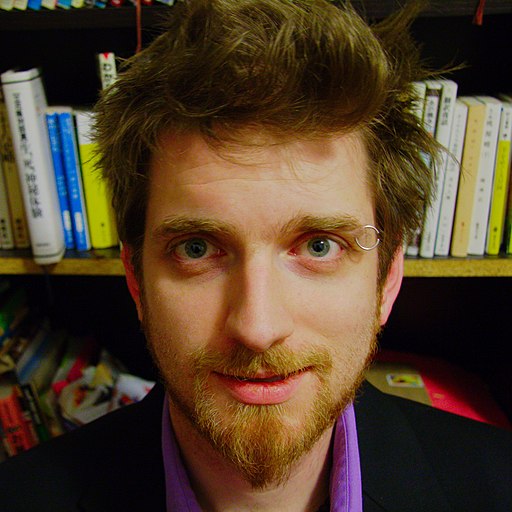


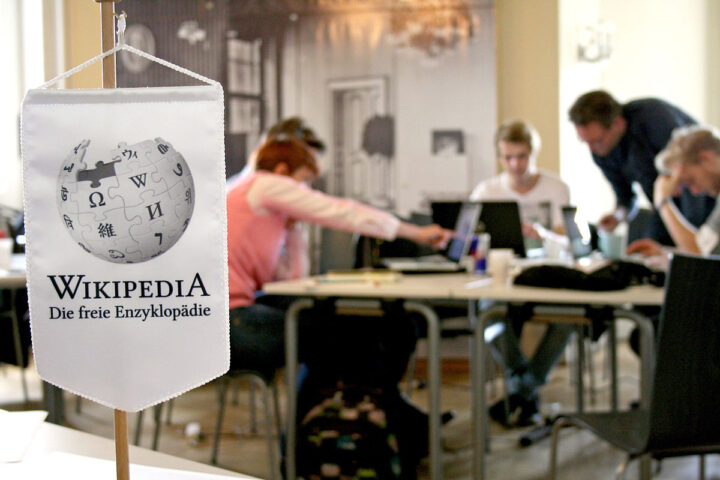
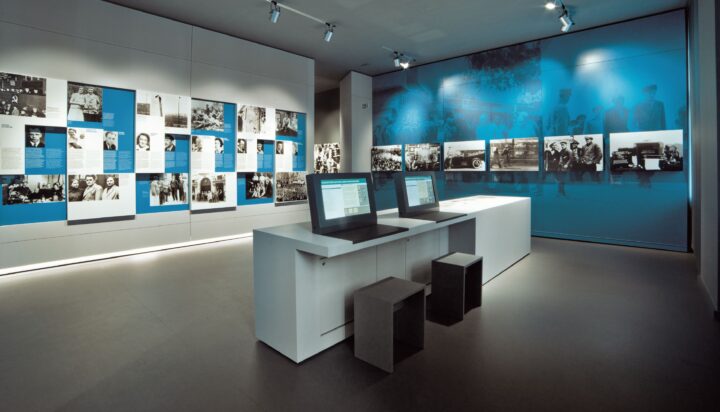
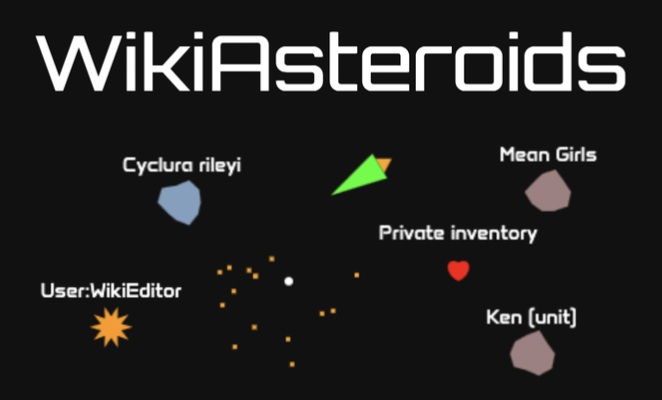
[...] veranstaltet. Das neue Konzept lockte etwa 90 Forscherinnen und Forscher nach Berlin, in den beiden Eröffnungsreden (von Benjamin Mako Hill und Sarah Stierch), den Paper Sessions, Diskussionsrunden sowie beim Speedgeeking oder den Lightning Talks [...]
Marcus, die Keynote von Sarah findet im Rahmen der Wikipedia Academy statt. Die Zedler-Preisverleihung beginnt doch erst um 14 Uhr. :)
Man fragt sich ja, was der zweite Beitrag auch im weiteren Sinne mit der Preisverleihung zu tun hat. Gibt es wirklich kein anderes Thema, das man als omnipräsente Wikipedia-Sau durch die Community treiben kann? Langsam frustriert es immer wieder zu erfahren, wie überflüssig man doch ist, da man ja zu den falschen angeblich 91% gehört...
[...] hervorheben möchte ich die beiden ausgesprochen vielversprechenden Keynotes von Benjamin Mako Hill “When Peer Production Succeeds” (Freitag, 13:30 Uhr) und Sarah [...]